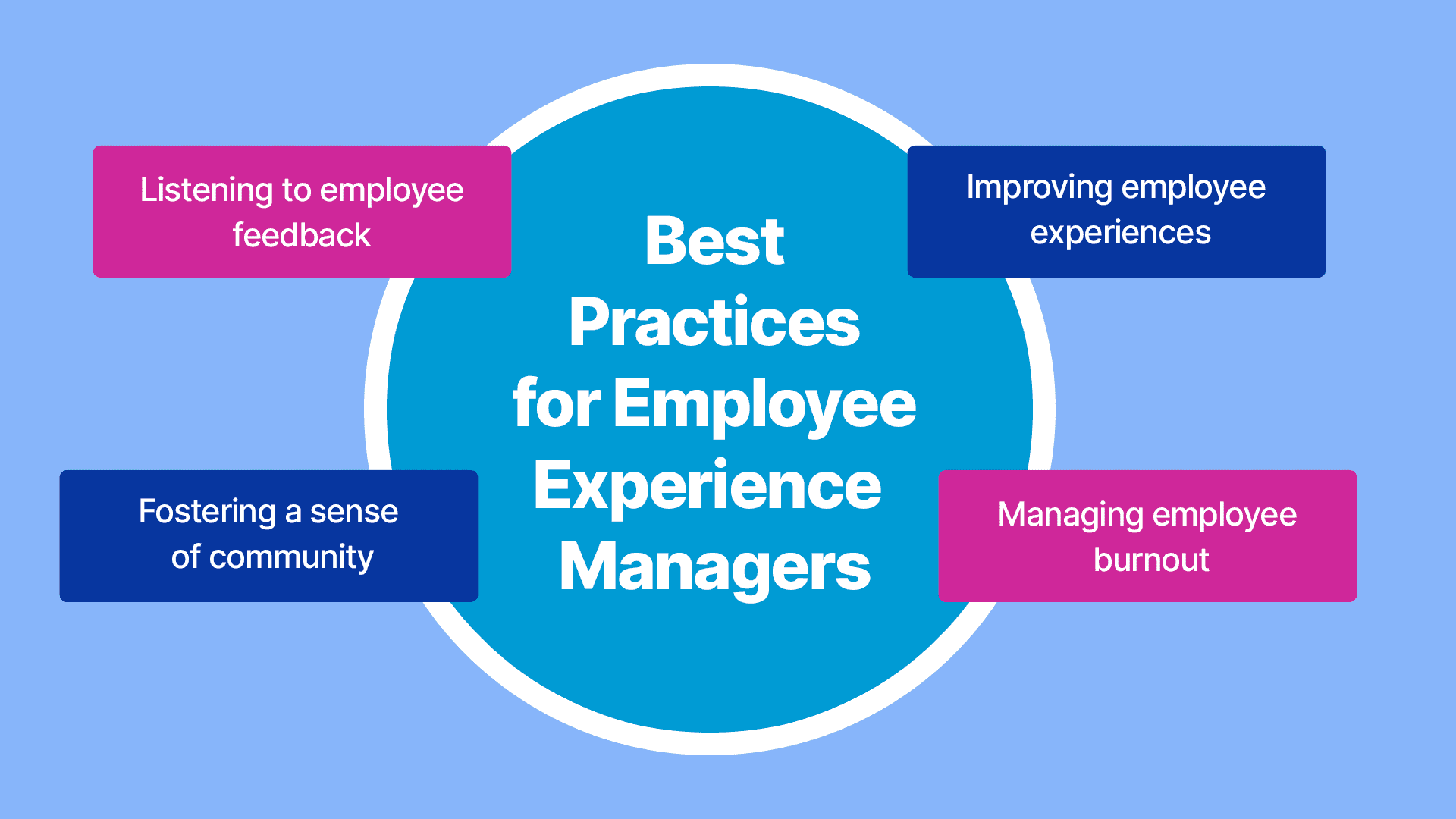Employee Experience Management Industry Overview and Emerging Trends | 2035

For any new company aiming to enter the increasingly crowded employee experience management market, a highly focused and differentiated approach is not just advisable—it is an absolute prerequisite for survival. The formulation of effective Employee Experience Management Market Entry Strategies must start with the frank acknowledgment that a direct, feature-for-feature competition with the comprehensive platforms of established leaders like Qualtrics, Microsoft, or the major HCM suites is a losing proposition. A startup simply cannot match their development budgets, brand recognition, or distribution channels. Therefore, a successful entry strategy must be built on the principle of "niche and conquer." This involves identifying a specific, underserved segment of the market—either a particular type of employee, a specific industry, or a discrete part of the employee journey—and building a solution that is demonstrably superior for that narrow use case. By becoming the undisputed best solution for a specific problem, a new entrant can build a loyal initial customer base and create a defensible beachhead from which to expand.
One of the most powerful niche strategies is to focus on a specific employee population that is poorly served by traditional, corporate-focused EX platforms. The most prominent example of this is the massive global population of "deskless" or frontline workers in industries like retail, hospitality, manufacturing, and logistics. These employees do not sit at a computer all day, they often do not have a corporate email address, and their experience is shaped by factors like scheduling flexibility, physical safety, and communication from their direct manager. A startup could build a mobile-first EX platform designed specifically for this audience, with features like pulse surveys delivered via SMS, easy-to-use communication tools, and feedback mechanisms tailored to their daily work. By solving the unique challenges of this huge but overlooked segment, a new entrant can build a very large and successful business without ever competing directly for the corporate office market. Another effective niche strategy is to focus on a single, high-pain-point moment in the employee lifecycle, such as candidate experience or new hire onboarding, and build a best-in-class point solution that perfects that one critical journey.
An alternative to focusing on a specific user segment is to focus on a specific technological innovation and adopt a "picks and shovels" or component-based strategy. This involves developing a single, highly advanced piece of technology and selling it as an API or an embedded component to other, larger platforms. For example, a startup with world-class expertise in AI could develop a superior natural language processing (NLP) engine for analyzing open-text employee feedback, capable of identifying subtle themes and emotions with greater accuracy than generic models. Instead of building a full EX platform around it, they could license this engine to multiple HCM and EX vendors who would embed it into their own products. This strategy allows the startup to focus on its core technical competency, avoid the massive expense of building a full enterprise software platform and sales force, and scale rapidly by leveraging the distribution channels of its partners. This component-based approach is a highly effective, capital-efficient way to enter and add significant value to the market. The Employee Experience Management Market size is projected to grow to USD 15.79 Billion by 2035, exhibiting a CAGR of 6.90% during the forecast period 2025-2035.
Top Trending Reports -
Cloud Enterprise Content Management Market
- Art
- Causes
- Crafts
- Dance
- Drinks
- Film
- Fitness
- Food
- Giochi
- Gardening
- Health
- Home
- Literature
- Music
- Networking
- Altre informazioni
- Party
- Religion
- Shopping
- Sports
- Theater
- Wellness
